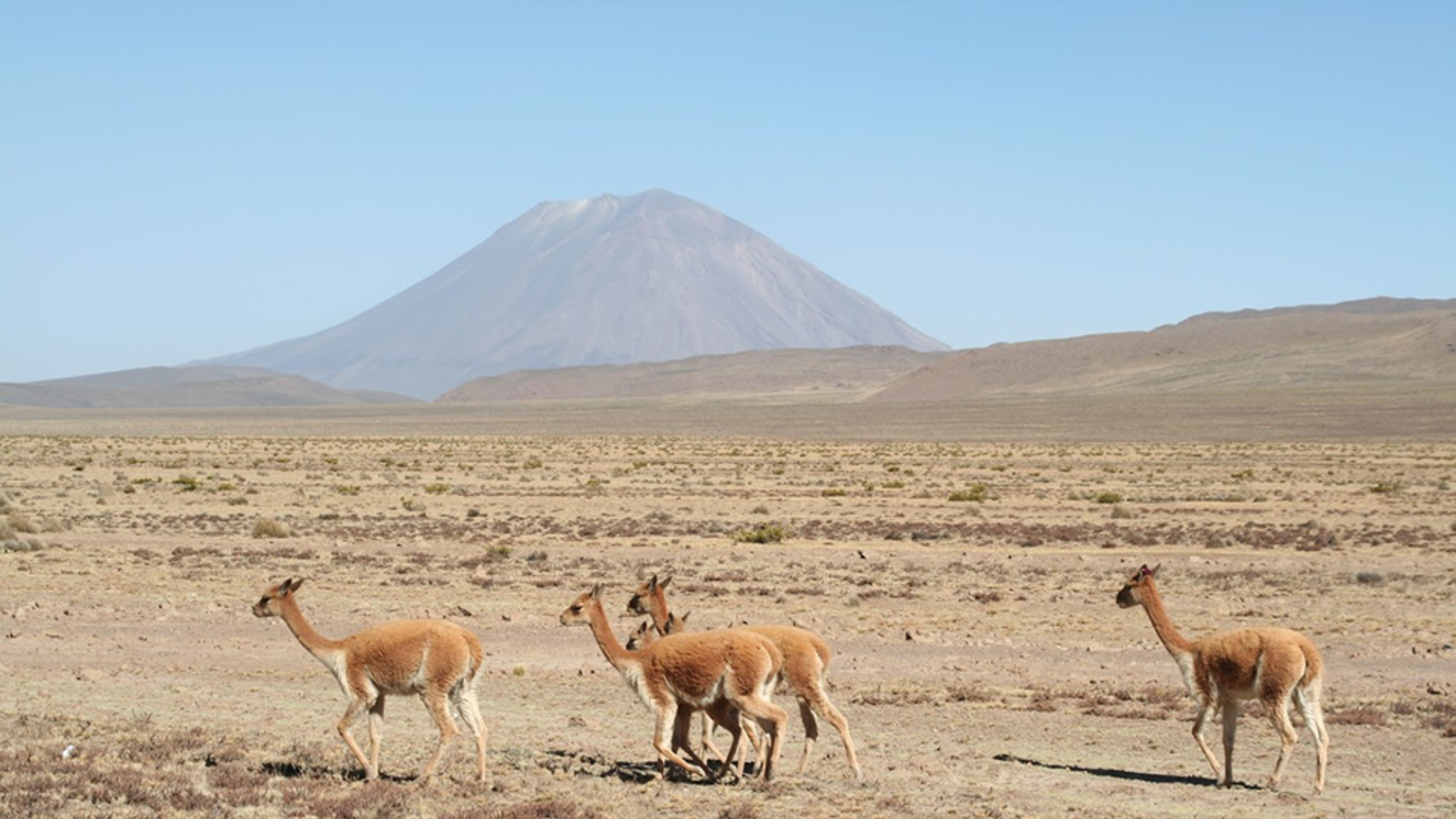My archaeological practice works through sustained collaboration with our host communities. In seeking a shared understanding of the past with them; my research bears witness to the vicissitudes of colonial rule—and to the resilience of communities in the face of its depredations—through this engagement, by integrating community participation in the research process itself.

Certain forms of estrangement from the past are a legacy of colonialism. Peru’s archaeological patrimony is being destroyed at an alarming rate. Since colonial times, looters have scoured the landscape for antiquities, and illicit international antiquities markets remain extremely lucrative and active. In many ways, colonial ideologies remain entrenched, creating a rupture between present and the prehispanic past. While national discourses have recently begun again to revalorize Peru’s rich prehispanic past, many community members feel distanced and somewhat ambivalent about their connection to it. Our long-term collaborations work toward greater community awareness of community archaeological heritage.

We are also working toward patrimonial awareness and understanding of the prehispanic and colonial past through public lectures, children’s educational programs, and local museum exhibitions

The Tuti Antiguo Archaeological Project collaborated with the Municipality of the District of Tuti to establish a museum – El Museo Historico y Cultural de Tuti. This museum is located in the town hall building in Tuti’s central plaza. It opened in 2009.


We thank our hosts—for accepting our presence in their home, and our archaeological works in their ancestral settlements, and we look forward to furthering our shared understandings of the past through continued collaboration.

